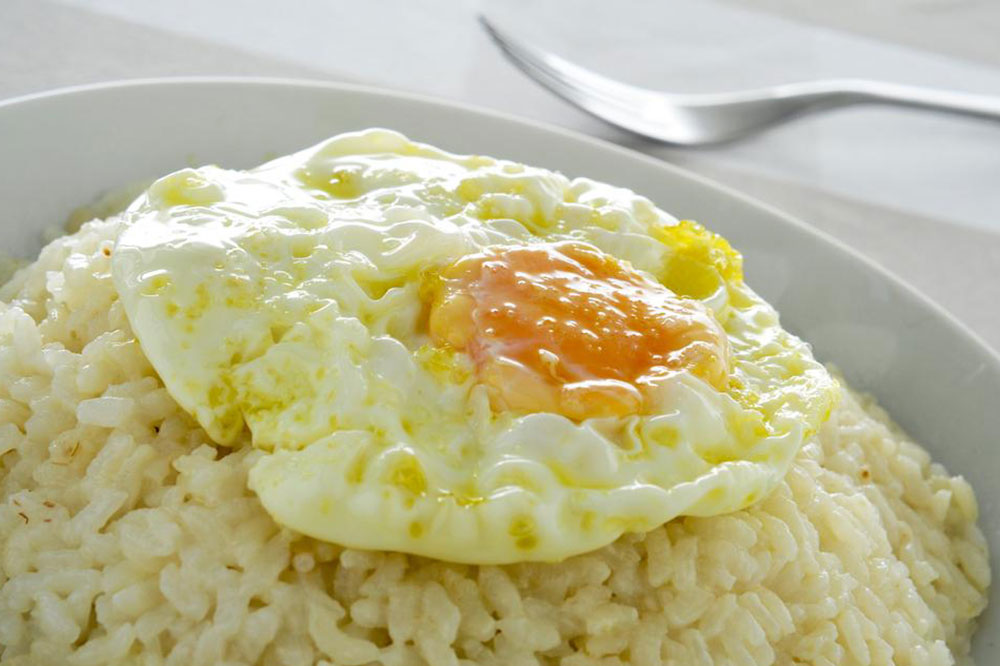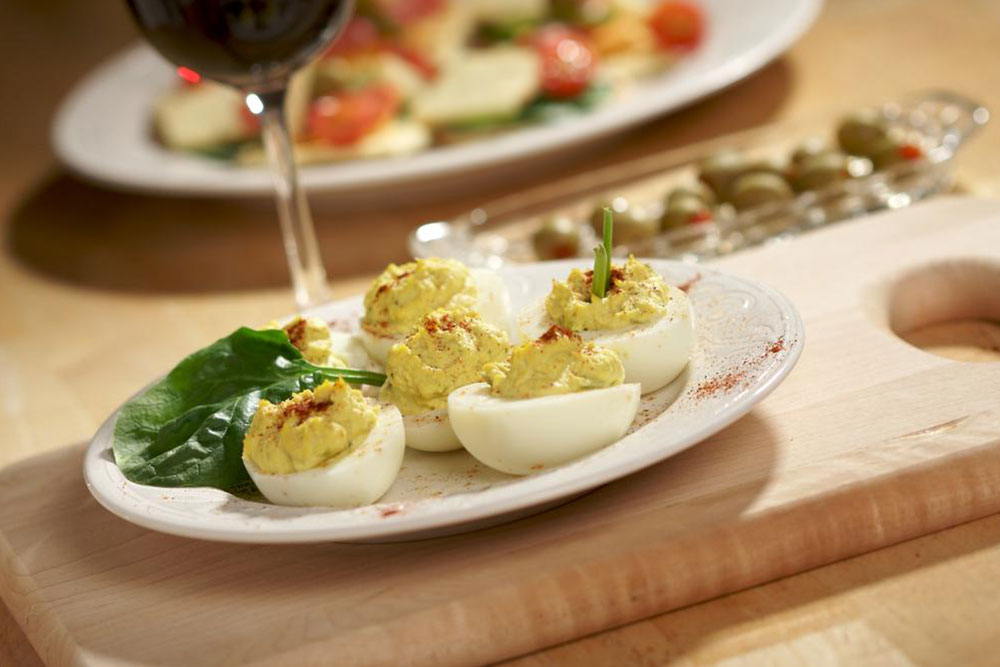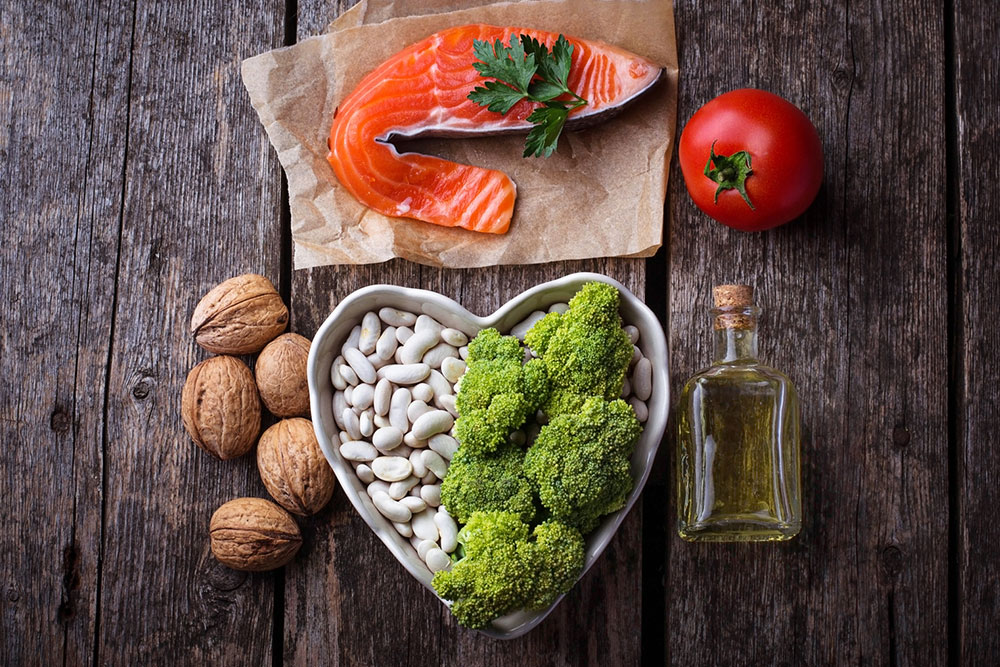Foods to Limit or Avoid with Colitis
This article highlights key foods to avoid for individuals with colitis to manage symptoms effectively. It emphasizes limiting alcohol, caffeine, dairy, high-fiber foods, spicy items, and processed foods. A proper diet can reduce flare-ups, improve comfort, and help maintain proper nutrition. Understanding which foods to avoid can be vital for individuals looking to control their condition and improve their quality of life.
Sponsored

Colitis, a chronic inflammatory condition affecting the large intestine and rectum, can cause symptoms like fatigue, diarrhea, rectal bleeding, and urgent bowel movements. Proper diet plays a crucial role in managing flare-ups and ensuring adequate nutrition. Certain foods may worsen symptoms and should be avoided. Here is a list of foods to steer clear from if you have colitis:
Alcohol: Can cause diarrhea and stimulate the intestines, making symptoms worse.
Alcohol is a major trigger for colitis symptoms and should be limited.
Caffeine: Present in coffee, tea, sodas, and chocolates, caffeine can increase bathroom visits and aggravate symptoms.
Carbonated beverages: These drinks, including beer and soda, irritate the gastrointestinal tract and often contain sugar and caffeine.
Dairy products: Particularly for those with lactose intolerance, dairy can trigger symptoms like bloating and discomfort.
Dried legumes and beans: High fiber content can cause gas, cramps, and increased bowel movements.
Dried fruits: Their fibrous nature can stimulate bowel activity and exacerbate symptoms.
Foods rich in sulfur or sulfate: Such as eggs, dairy, cruciferous vegetables, red meats, prunes, and wheat pasta, which produce gas and bloating.
High-fiber foods: Excessive fiber from certain foods can lead to cramping and gas during flare-ups.
Red and processed meats: These may not digest properly and worsen symptoms during active phases.
Popcorn: Difficult to digest and can increase urgency.
Sugar alcohols: Found in sugar-free gum, candies, and some processed foods, they can cause bloating and gas.
Raw fruits and vegetables: High-fiber raw foods like broccoli, onion, Brussels sprouts, and cabbage are harder to digest and may trigger symptoms.
Refined sugars: Can increase thirst and water retention in the gut, leading to diarrhea.
Spicy foods: Hot sauces and spicy peppers irritate the intestinal lining and may cause diarrhea.
Managing diet by avoiding these trigger foods can help minimize flare-ups and promote better digestive health for colitis patients.






